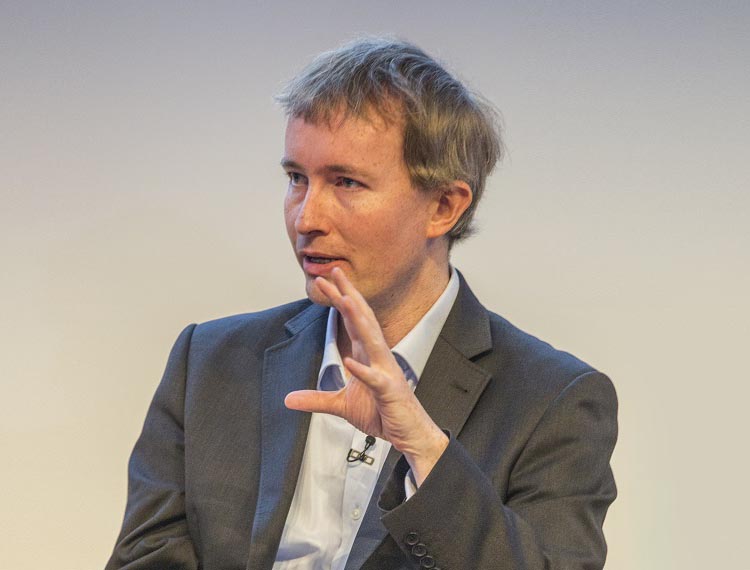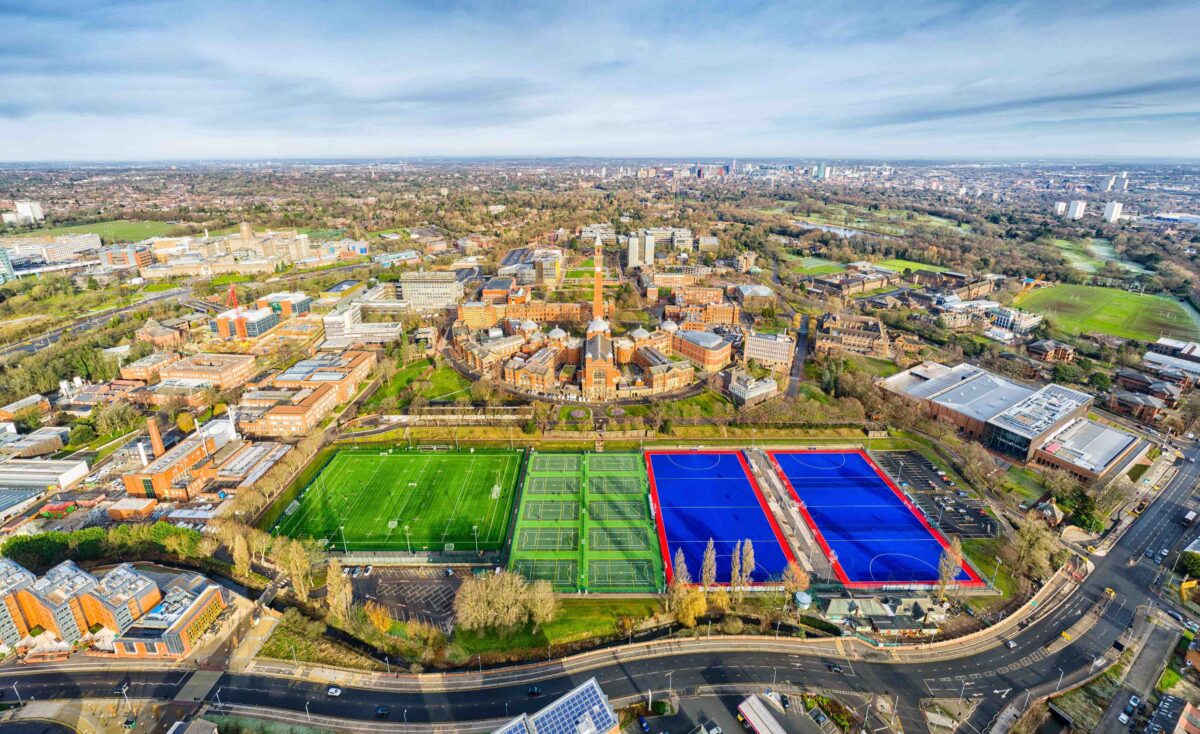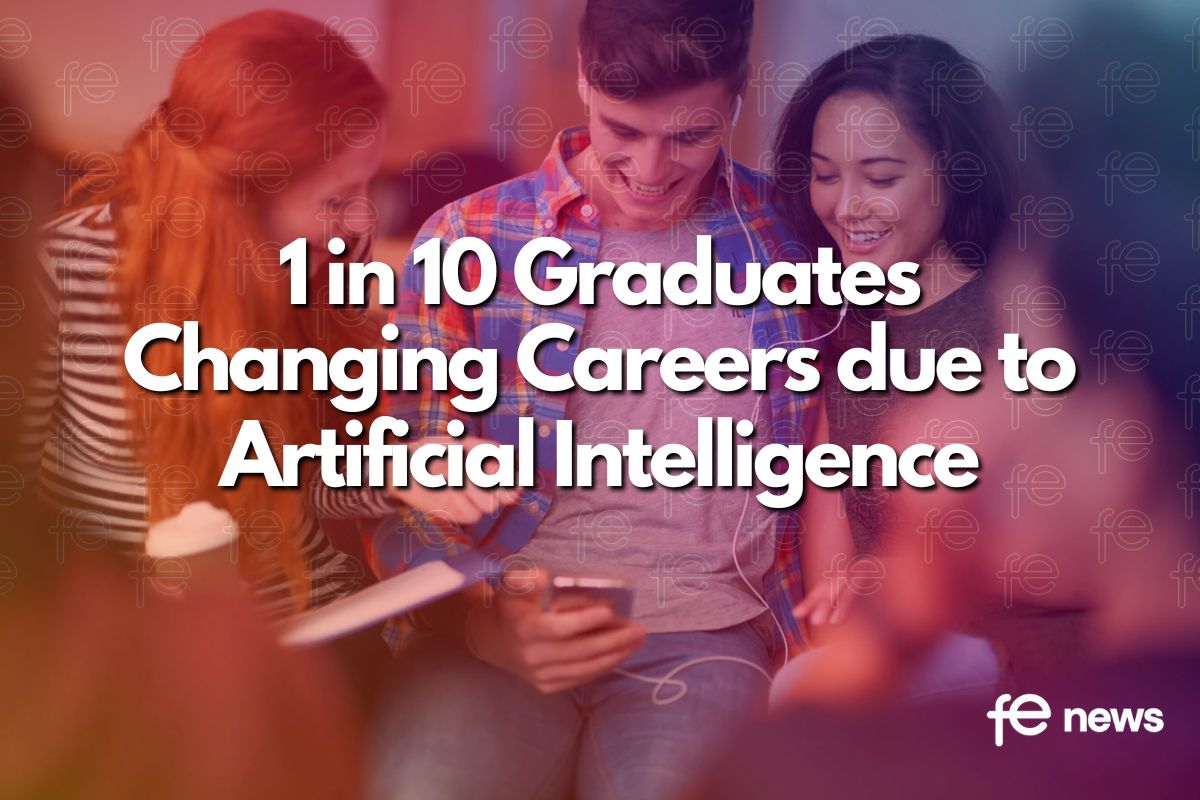The lifelong learning century?

Lifelong learning helps grow the economy, gives people opportunities, helps build communities, and saves money for public services. We need to build a lifelong learning century.
A century ago a greater focus on adult education grew with the societal changes accelerated by the First World War, building on the community-led efforts of faith groups and others.
The aims were well summarised by the Ministry of Reconstruction Adult Education Committee in 1919 White Paper, which argued adult education “must not be regarded as a luxury for a few exceptional persons here and there, nor as a thing which concerns only a short span of early manhood [sic], but that adult education is a permanent national necessity, an inseparable aspect of citizenship, and therefore should be both universal and lifelong”.
As part of this, the British Institute of Adult Education was founded in 1921. Several mergers and name changes later, it celebrates its centenary as the Learning and Work Institute.
It has been a remarkable century of achievement, impossible to do justice to here. But to pick out a few highlights:
- in 1928 our work with the BBC helped led to the creation of the Central Council for Broadcast Adult Education to support cooperation between adult educators and broadcasters
- in 1933 our work helped lead to the establishment of the British Film Council
- in 1935 private collectors lent artwork to our Art for the People initiative, later contributing to the establishment of the Arts Council
- in 1941 the Army Bureau of Current Affairs was established under the leadership of the BIAE’s Secretary. We are still working with the Army today
- in 1992 we established the first Adult Learners’ Week to celebrate the achievements of adult learners, an approach now replicated in many other countries
- in 1996 we launched our Adult Participation in Learning Survey (APLS), now the longest running and richest source of data on adult learning in the UK
None of this happened in isolation. The focus on adult education was part of a wider drive after the First World War to expand education, extend the right to vote, and build greater social protections.
Marking a centenary is partly about celebrating longevity and achievement. Survival alone is perhaps a remarkable achievement after a century of societal and economic change and in a sector affected by policy shifts more than most.
But a centenary is also about looking ahead. To do so, let’s start with the state of play today.
Glass half full or half empty?
There’s lots to be concerned about. Our APLS has shown a succession of record lows in the proportion of adults taking part in learning after a decade of Government funding cuts in England. Inequalities remain stark: you’re more likely to take part in learning if you’re younger, from a higher socioeconomic group, in work, or left school at a later age. Those who could most benefit from learning are often least likely to do so.
The focus of policymakers feels narrower, with the talk mostly of skills for jobs. This is crucial: improving skills for your current job or for a new job are key reasons people take part in learning and vital for our long-term prosperity.
But lifelong learning is about more than that too. The phrases I hear most from our adult learning award winners are that learning helped ‘turn a light on’ or ‘opened new doors’. Our research has shown the benefits of learning to health and wellbeing, active citizenship, accessing public services and more, on top of the inherent benefits of learning.
Lose sight of that and we lose sight of what inspires people and the sort of society we want to be
Yet there are multiple sparks of light. Government funding is rising again in England and a new Lifetime Skills Guarantee gives people an entitlement to a first level 3 qualification. The Welsh Government is exploring a new right to lifelong learning. Our survey shows the first increase in participation in learning since 2015, fuelled by growth in self-directed and online learning during lockdowns. But there’s so much more to do, with lack of interest or need the biggest reason adults give for not learning – we need to translate lofty policy imperatives into on-the-ground inspiration.
I’m proud that the Learning and Work Institute continues to make a difference. Our New Futures programme will explore how to help people switch careers. Our APLS continues to paint a picture of participation in learning and inform policy. Our work on social prescribing shows how health services can work with adult education providers. Our Citizens’ Curriculum demonstrated new ways of learning and their wider benefits. We helped to shine a light on the differential impacts of the pandemic of learning and work opportunities, and influenced the policy response. We’ve highlighted falling and unequal employer investment in training and our Skills for Life Alliance is raising the profile of basic skills. Our Festival of Learning in England and Adult Learners’ Week and Inspire awards in Wales continue to celebrate adult learning.
Building the lifelong learning century
Might the pandemic and the long shadow of the global financial crisis provide a once in a generation moment for a renaissance in lifelong learning? What feel like tipping points at the time, often end up not being. But there are reasons to be hopeful.
- Net zero and the Fourth Industrial Revolution
We face huge shifts over the next century. Delivering net zero will require changes across our lives and economy. We need to help people understand the issue and the difference they can make, and our Life Skills for Europe pilot included environmental capability. The transition will create new jobs, lead to the loss of others, and change the skills required in many roles – learning and skills can help people and employers navigate these changes.
The impact of the internet and wider advances in technology have changed our lives and will continue to change our economy, what some have termed the Fourth Industrial Revolution. Most jobs require an increasing platform of skills, the way people access public and consumer services is changing, and some sectors will grow while others shrink. Again, lifelong learning can help people navigate and make the most of these changes.
- The 100 year life
Many young people will live to 100 and have 50 year careers, opening up new opportunities for multiple careers and weakening assumptions of binary transitions between education, work and retirement. Our economy has always changed, altering the types of jobs available and the skills needed for them. But the dizzying scale and nature of change, stretched over elongated working lives, means people will need to update their skills and change careers more than previous generations. We need to think ambitiously: recognising learning is needed throughout life; developing new ways to learn (see below); and rethinking financial support while learning, including how our social security system can better support career change.
- The golden thread
An aging population means rising demand for health and social care: the proportion of GDP spent on these services and pensions has doubled in 60 years and will rise further. But our concept of health is changing too, with an increased focus on wellbeing and mental health and recognition of the need to focus on prevention at least as much as cure. Lifelong learning must be part of the response, both from social prescribing and more broadly.
The same is true of other public policy objectives, from encouraging active citizenship to tackling disinformation. Put crudely, investing in lifelong learning can save money for other public services: our Rochdale Citizens’ Curriculum pilot saved £3.68 to ever £1 invested. There’s no silver bullet in public policy, but lifelong learning should be a golden thread running through our approaches.
- A socially just society
Some argue we must choose between social mobility (the chance to get anywhere regardless of background) and social justice (a decent standard of living and respect for all). I don’t understand why we can’t aim for both? We’re some way off now: you’re chances in life are heavily dependent on family background and, despite welcome falls recently, too many people are still low paid. Increased and equal access to lifelong learning is both a core component and driver of social justice and social mobility.
- New ways of learning
The 20th century saw the creation of the Open University, the university of the airwaves. Now we have the world’s knowledge at our fingertips and are in the midst of a revolution in online learning, turbocharged by the pandemic. Online isn’t the answer to everything: we need to tackle the digital divide and blended and in-person learning will remain crucial. But the internet gives us scope to learn in different ways that fit around work and home life, from a laptop at home or in the library or on an app on our phone on the bus. Stoking the fires of a digital and flexible learning revolution can help tackle the time and convenience barriers people often cite for not learning.
My vision of the lifelong learning century is where learning as an adult is the norm, whether out of interest, to aid a career change, or for personal development. To get there we need to reimagine lifelong learning: inspiring people, and creating opportunities to learn what they want, when they want, and how they want.
That’s a big ask, but progress often comes from meeting big challenges with big answers. We look forward to playing its part in our next hundred years.
Stephen Evans, CEO, Learning and Work Institute












Responses